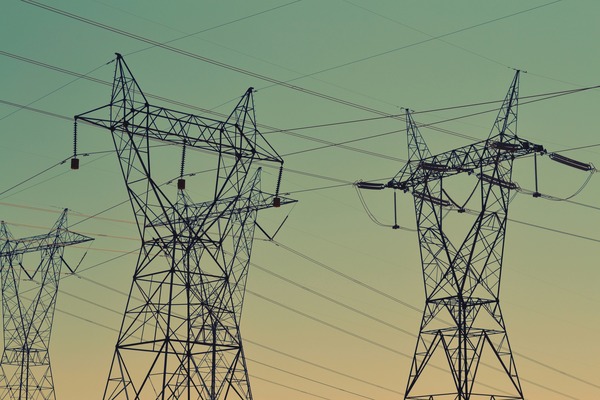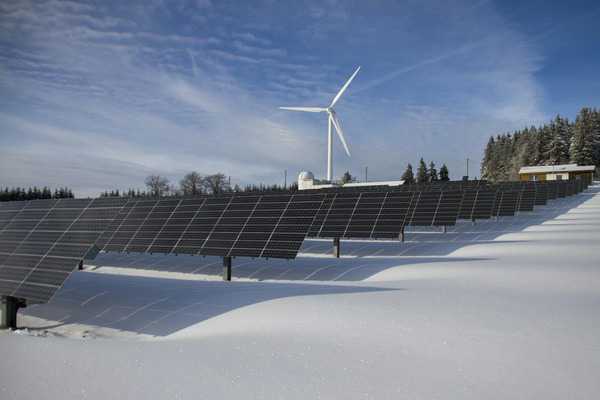Electricity Energy Theft Is A Crime
Electricity energy theft refers to deliberate and clandestine use of electricity without paying for it. This criminal activity is becoming increasing and a disturbing phenomenon following the 2013 partial privation of power sector in Nigeria. Currently, the power sector is divided into three components viz; Generation companies, Transmission company and Distribution companies. While private sector organizations are running the Generation and the Distribution companies, Federal Government still runs and manages the Transmission company. How the value chain works is that, generation company would source energy, transmission company would transport it, and the distribution companies would sell it to direct end users. The three hubs must interact to make electricity energy available for customers. Electricity theft directly affects distribution companies who interface with end users. However, its adverse effects also indirectly impact generation and transmission subsectors, with overall negative implication for entire Nigerian Electricity Supply Industry – (NESI). The revenue loss incurred by distribution companies due to electricity theft hinders their ability to seamlessly fulfill contractual business obligations to both transmission and generation companies. About 21 billion naira is estimated as the annual average loss caused by electricity energy theft to the industry. Electricity energy theft is currently witnessing significantly increase. The rising trend is believed to be influenced by service-based tariff (SBT) which was recently introduced and enforced by Nigerian Electricity Regulatory Commission – NERC. The practice categorized electricity customers into five bands with discriminatory service access and tariff. Band A has minimum of 20 hours of power supply and highest tariff Band B has minimum of 16 hours of power supply and high tariff Band C has minimum of 12 hours of power supply and moderate tariff Band D has minimum of 8 hours of power supply and below moderate tariff Band E has minimum of 4 hours of power supply with the least tariff. Investment in energy sector is highly capital intensive. It takes lots of business gut and risk to venture into it. Electricity energy theft is widespread and has become an underground economy where organized criminals unleash their heist to undermine growth in the industry and the overall economy. The Electric Power Sector Reform Act – EPSRA of 2005, through the Nigerian Electricity Regulatory Commission – NERC makes provisions that strongly criminalizes electricity energy theft. The law makes it clear that any person who willfully and unlawfully taps electric connections anywhere, tampers with a meter, damages or destroyed electric apparatus and equipment shall be punished with terms of imprisonment as applicable, between five to seven years. Some states such as Lagos state have also made legislative law that makes electricity theft a criminal offence. The organized criminal agents who carry out electricity energy theft in Nigeria are either aware of these laws but chose to violate them; or they are ignorant about its existence. These agents are suspected to include electricity user customers, staff of the industry, artisanal electrical engineers and others who oftentimes witness and ignore it. What is more? these criminals perceive their malicious acts as “normal”. There is nothing normal in criminality under any guise. The overall negative impacts of electricity energy theft to Nigerian Electricity Supply Industry are wild. It makes the industry economically unviable, as such less attractive to entrepreneurial. It is stunting growth of the industry and the wider national economy as a lot of micro and macro activities depend on power to thrive. It is one of the major contributors to unstable power supply due to inability of the industry to maintain consistent increase in generating target megawatt. Note, Nigeria’s electricity megawatt target was 10000, however, the industry never exceeded 5000 since current inception. Methods of electricity energy theft include: Bypass: run a double connection to bypass normal meter reading, and use electricity direct from the grid. Illegal connection: carry out unapproved connection to undervalue used electricity. Meter tampering: rig meter reading for customer to pay less. Ways to prevent and detect electricity energy theft: Smart metering: adopt installation of smart meters to all electricity users. Smart metering system has capacity to generate user analytics, create patterns, detect and alert control room about attempted and real tampers. Public awareness: create awareness to educate energy users that electricity theft in any manner is a criminal offence and offenders are liable to jail terms of five to seven years. Undercover agent: create undercover and whistleblowing agents who carries out surveillance operation and report credible findings to appropriate authority for necessary and prompt actions. Strict enforcement of extant laws: enforce the laws without bias or compromise where guilt is established. In summary, electricity energy theft is real. It is a criminal activity oftentimes carry out by organized criminal gangs which include customers who use electricity at their homes or businesses. Their activity is largely contributing to instability of the Nigerian Electricity Supply Industry. ALSO READ: Clean Energy: 5 Importance Of Utilizing It


